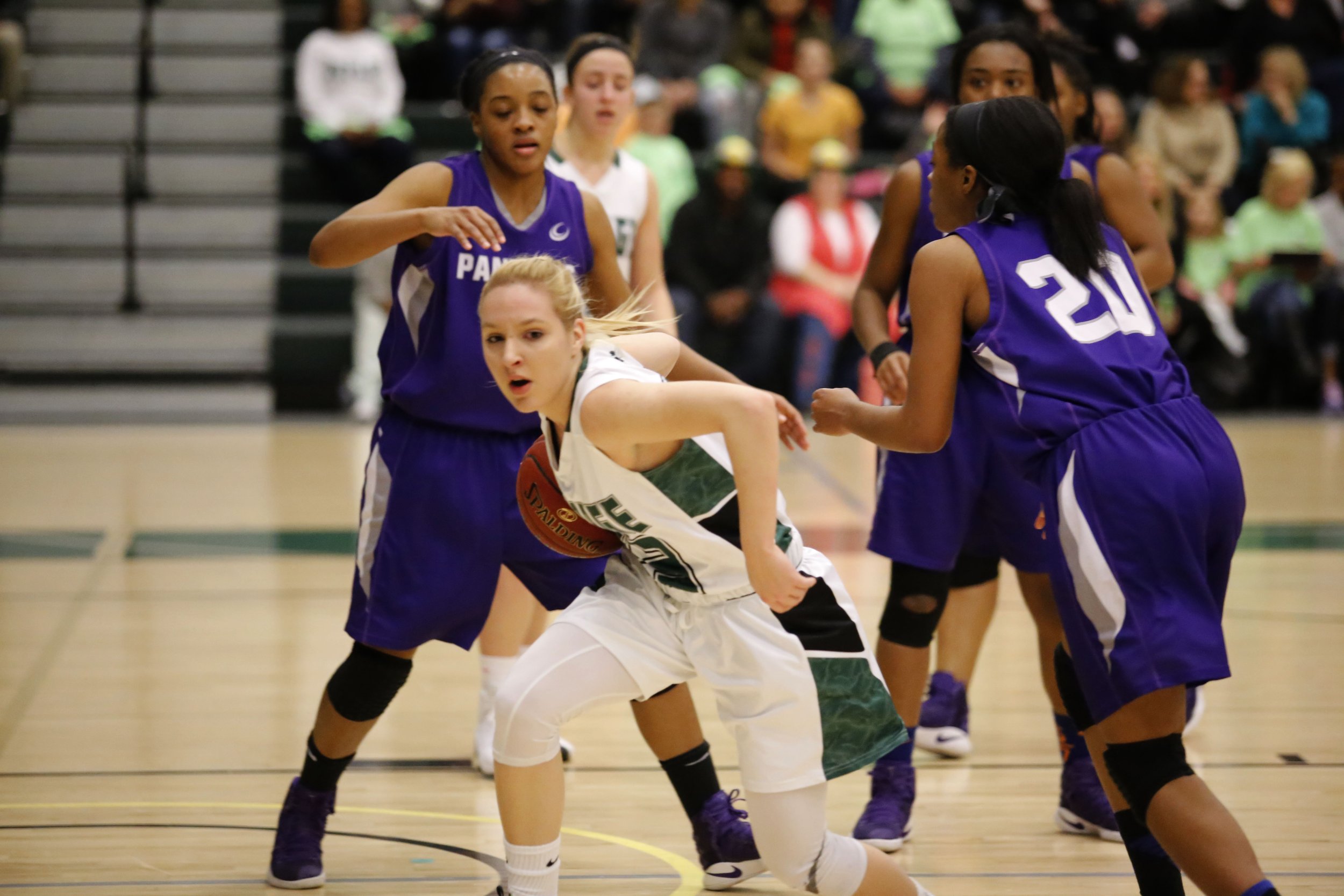Getting College Recruitment Letters from Coaches
Printed letters are rather uncommon in today’s recruiting game, but they are still used by coaches. All letters may not communicate the same level of genuine interest. I will go over the different ways that letters may be used in recruiting so that you can determine if a coach is truly focusing on you.
Determining if a coach is really interested in recruiting you
There are different ways that coaches show interest in you. I refer to these as recruiting checkpoints. Although any time a coach comes to watch you specifically in person you can assume there is some genuine interest, you should be aware that most recruiting does not happen in person for today’s world. Coaches will do any of the following to make it clear that they are interested.
Offer you a scholarship verbally
Invite you to visit officially or unofficially
Travel to meet with you in person
Call you on the phone
Text Message you
Respond or send you an email
Direct Message you on social media
Invite you to an on campus camp (personally)
Ask you to fill out a recruiting questionnaire.
In general the higher you go on this list, the more serious a coach is about recruiting you. The more time that it takes for a coach to interact with you is something you can use to evaluate their intentions. A phone call takes much more time than a text message. But traveling to meet you in person is much more valuable. Don’t be too worried if a coach is not showing interest in one of the ways that are more serious at first. This may simply mean the coach is still in the process of evaluating you. Getting a coach to show interest is most of the battle towards maintaining contact on the way to getting an offer.
Ask you to fill out a recruiting questionnaire – Coaches do this in order to determine which recruits they are considering are interested. You should fill it out immediately and e-mail the coach once you do to make it clear you are serious about them.
Invite you to an on campus camp (personally) – Coaches use camp invites to further evaluate talent. If they send you an invite with your name, you can respond to communicate your interest in the program and make sure they look out for you.
Direct Message you on social media – Many coaches do use social media as a means of communication. Any direct message should be regarded like a text message and responded to professionally and promptly.
Respond or send you an email – When a coach sends you an email it is a more formal way of communicating that they are interested. You should respond promptly and professionally as you look to move the communication towards something more interactive.
Text Message you – Coaches text because it is easier than a phone call but to do so they need to have your cell number saved. That means you are on a more personalized level in the recruiting process now where you are a more serious recruit in the eyes of the coach.
Call you on the phone – Coaches often use phone calls to speak directly and essentially interview recruits. Maintaining a good talking relationship builds a bond that makes a coach much more likely to offer you a spot.
Travel to meet with you in person – If a coach is willing to come see you play, or even just mete you and your family than they are serious about recruiting you. In person visits are a major time sacrifice and should not be taken lightly
Invite you to visit officially or unofficially – The campus visit almost always is the final step before receiving an offer. If you do not have one already, being invited to visit is a chance for you to interact directly with the coach while determining if the school really is the right fit for you.
Offer you a scholarship verbally – As the term suggests, this is the moment you have likely been waiting for. Remember that verbal offers are not binding contracts in anyway but they are a formal expression from the coach that as of that moment they want you to join their team.
Signs that a coach is not yet serious about recruiting you
In general, if the communication you are receiving is impersonal, then it is not a sign of genuine interest. Though you should not necessarily ignore this type of contact, you should recognize that more work will likely need to be done on your end if you are going to catch their serious attention.
Some of these communications may be the following:
College admissions materials, either via print or email.
Camp invitations that are generic “not inviting you by name”
Coach Rob’s Note: If at any point in the recruiting journey a coach is suddenly not responding to your contact outreach via phone or message, you should take that as a sign they have lost interest. Coaches are very intentional with recruiting so for them not to respond is a big indicator they are moving on. You should to and find schools that do want to recruit you seriously.
How to approach recruiting mail and questionnaires
Understanding the value of recruiting mail like generic information or questionnaire requests is contingent on your age and stage. Before the contact periods start during junior year, D1 and D2 coaches cannot directly express interest in a recruit. If you receive these things from a coach, it is likely they are trying to show some interest in you without formally saying it. But if you are a junior or senior then it is less of an indicator since they could simply reach out directly.
If you receive a formal questionnaire request or generic information you should still fill out the questionnaire on the team website for the college. This will formally tell coaches you are interested in learning more from them, giving them an opportunity to reach out in the future.
How to approach camp invitations
On site camps are valuable but you should proceed with full understanding they serve two functions. Colleges host their own camps to make money, there is no way around that fact. But in addition, they also bring in recruits to further evaluate them.
You know that a camp invitation is personalized if it addresses you by name, and especially if the coach mentions something personal about you. If they are only asking you to attend but do not say something about what interests them about you, then it may not indicate serious interest.
You should respond to the email directly and express that you are excited to attend the camp. If you are not able to attend you should also share information about other ways the coach can see you compete.
Coach Rob’s Note: Don’t go under-recruited! I put in the hard work for you to know exactly which colleges already want to recruit you, which ones will view you as a top recruit, and how to get their attention. Book a meeting with me, Coach Rob, and see how easy it can be to get the offers you deserve!
How to handle college recruiting letters
Coaches often send letters, either by mail or email to express that they are serious about a recruit. These letters are ways for them tell you that you are now on their target list. The letter will often say you are a “top recruit” or that you have the potential to contribute to their team.
You should always respond back to these messages expressing gratitude and offering more information about your upcoming competitions.
Coach Rob’s Note: Handwritten or customized recruiting letters are like gold in the recruitment game. If a coach takes the time to go above and beyond in appealing to you individually then it is clear they really want you to join to their team. Use this as a gauge to know the difference between simply being on the target list for a school, or being at the top of it.
Coach Rob is a recruiting expert and the Founder of SCA Recruiting. He is also the author of the book Winning the Ship: How to Win the College Athlete Recruitment Game. Available now on Amazon.

“93% OF HS ATHLETES DON’T PLAY IN COLLEGE… BUT I WILL HELP YOU BEAT THOSE ODDS. I GUARANTEE IT.”


